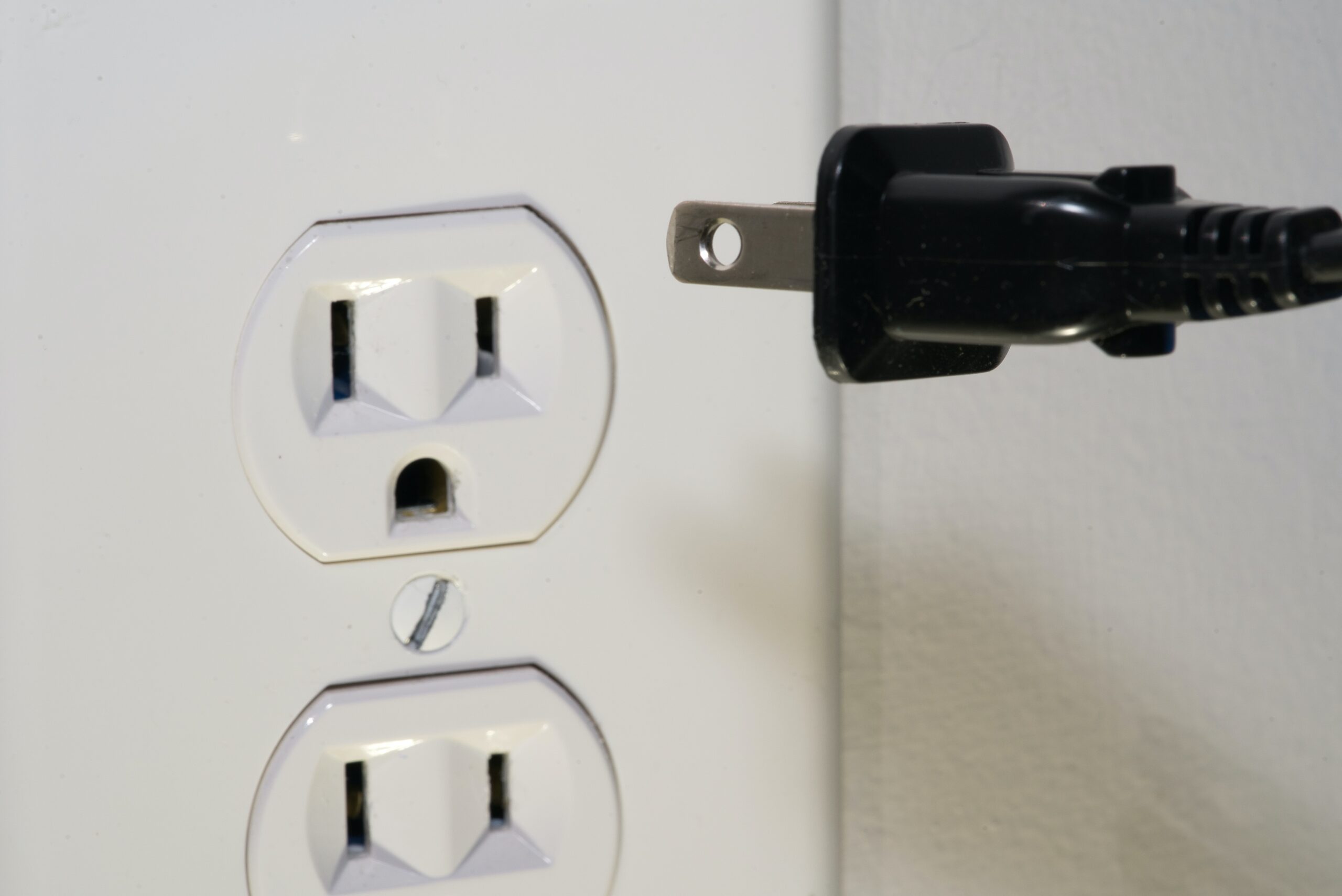For many of us, owning a home is a dream come true, and one with a garage? You can count yourself lucky. That being said, many homeowners underestimate the potential a garage can hold.
A garage is more than just a space to park your car or store tools; with the right tools, you can turn it into a versatile area that can serve multiple purposes. Whether it’s a workshop, storage room, or a place for DIY projects, whatever your wish is, the first thing you’ll have to think about are electrical outlets.
And having the right electrical outlets in your garage can significantly enhance its functionality. Thankfully, that’s where we come in. We’re here with a list of essential tips that you should consider before installing electrical outlets in your garage.
So, let’s dive right in, shall we?

Determining Your Power Needs
Before installing any electrical outlets, you must know what and how you’ll use your garage space. After you’ve assessed what you’ll do, it’s time to consider what tools, lighting, and appliances you’ll need.
This is because different devices may have varying voltage requirements. Many electricians will tell you it’s smart to plan for 120-volt and 240-volt outlets, as they can easily accommodate different appliances and tools efficiently.
Heavy machinery such as table saws or welders may require dedicated circuits with higher voltage outlets, preferably at least 240 volts. Recognizing these particular power requirements can assist in determining the number and type of outlets needed for your garage.
Discover more insights on voltage planning and electrical setups from a skilled electrician in Richmond!
Placement and Accessibility
There’s a lot of planning for doing electrical work; as we just mentioned planning ahead is key. So it should make sense to have strategic plans, too.
Plans where you determine the placement of outlets based on your garage’s layout and your intended use. Make sure to install outlets at convenient locations so that you won’t need to use extension cords frequently.
It’s also smart to install outlets higher on the walls too. This helps keep them away from potential water sources or floor debris. It also gives you much easier access to the breaker box for any future maintenance or upgrades.
GFCI and AFCI Protection
GFCI stands for Ground Fault Circuit Interrupters, and AFCI stands for Arc Fault Circuit Interrupters, and both are crucial safety measures that any household should have.
GFCI helps protect against electrical hazards and is useful in areas where water and electricity can come into contact, such as workbenches or near sinks.
On the other hand, the protection from the AFCI helps prevent electrical fires that arcing faults might cause.
Proper Wiring and Load Capacity
Proper wiring and understanding load capacity are two vital aspects when it comes to installing electrical outlets in your garage.
The right wiring gauge can be crucial for safety and efficiency, and appropriate gauge wires prevent overheating and potential electrical hazards.
Besides wiring, load capacity is just as important. Oversized wires and circuits can handle more power without overheating and reduce the risk of electrical fires or appliance damage. It’s essential to avoid overloading circuits; otherwise, it can lead to overheating and potential hazards.
Remember to distribute the load evenly among outlets and circuits to maintain a safe and efficient electrical system in your garage.
Safety Precautions
When working with electricity in your garage, safety should always come first. Before doing any electrical work, switch off the power at the breaker box first. This way, you can avoid shocks or accidents.
Another vital aspect is having the right gear. This includes insulated gloves, goggles, and footwear, to shield yourself from potential electrical hazards. Always remember to use tools that are specifically designed for electrical work.
You should also pay close attention to the manufacturer’s instructions when installing electrical outlets. Avoid overloading circuits and ensure all connections are secure and well-insulated to prevent electrical fires or accidents.
Professional Installation vs. DIY
Many of us think we can do basic installation for electric work. However you also have the option to hire a professional electrician to do it for you.
While it’s true that DIY projects are appealing, electrical work, on the other hand, demands precision and knowledge of local codes and safety standards. Something the average homeowner might not have on his side.
You can do some basic tasks, like replacing outlets or switches, with your electrical skills. But, when it comes to more complex installations, we suggest leaving it to a professional.
Professional electricians bring an aura of expertise with them, and they make sure to comply with the regulations, all the while minimizing the risk of faulty wiring or unsafe installations. It’s their experience that enables them to handle such intricate electrical tasks.
Moreover, licensed electricians also possess the necessary tools and equipment to provide efficient and reliable installations. If you’re not confident in your electrical skills, then having a professional around can be immensely helpful.
Budgeting and Cost Considerations
For our last tip, setting a realistic budget is crucial when planning the installation of electrical outlets in your garage. Think about the costs associated with materials, labor, and any potential unforeseen expenses. Look into the prices for outlets, wiring, junction boxes, and other necessary components to estimate costs accurately.
Always remember to prioritize essential electrical needs first while maintaining safety and quality. Don’t let budget constraints get in the way of it! It’s also smart to leave a little leeway in your budget in case of unexpected expenses that may come up during the installation process.
Moreover, the right move would be to obtain multiple quotes from electricians or contractors. They can better understand the overall project cost, helping you make an informed decision. Just remember, while cost is an important factor, securing a safe and compliant electrical setup should always be your primary focus.
Final Thoughts
In conclusion, we’d like to say that sprucing up your garage is a great idea, and installing electrical outlets can significantly enhance its functionality and usability. However, it’s also important to remember that you must approach this project with careful planning and consideration of your specific needs.
In the comments below, let us know how you turned your garage into your dream workspace and your journey.
